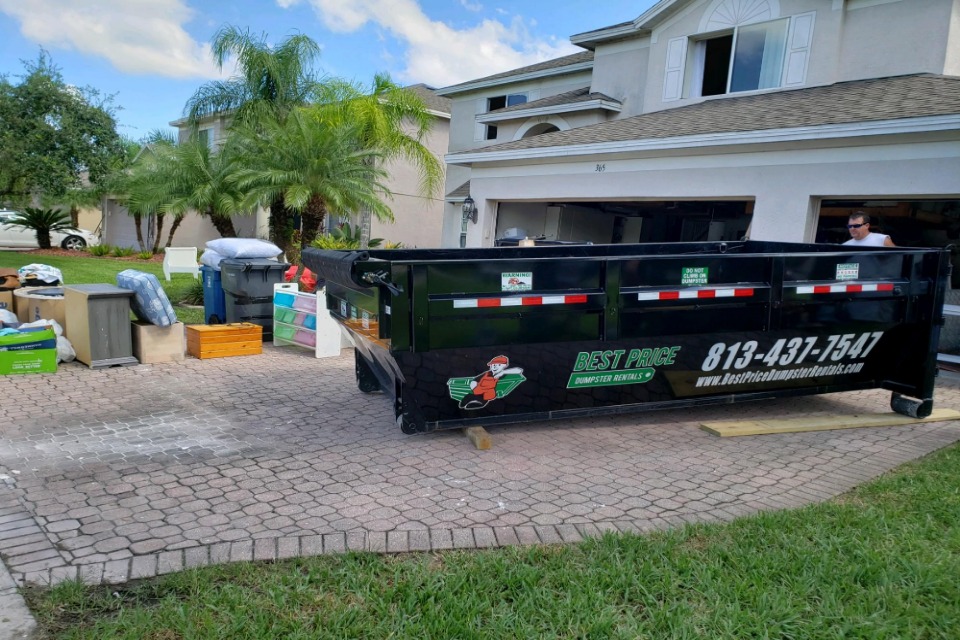What Happens When We Neglect Responsible Disposal?

The modern world generates vast waste, ranging from household items to industrial by-products. Proper waste management is crucial for maintaining environmental health, public safety, and resource efficiency!
Neglecting responsible disposal practices can lead to severe ecological, economic, and social consequences.
This article explores the repercussions of inadequate waste management and highlights the importance of sustainable practices.
Environmental Degradation
One of the most immediate impacts of irresponsible waste disposal is environmental degradation. When waste is not appropriately managed, it can pollute the air, water, and soil, leading to many ecological problems. For example, improperly disposed chemicals can leach into groundwater, affecting water supply and aquatic ecosystems. Similarly, the decomposition of organic waste in landfills generates methane, a potent greenhouse gas contributing significantly to global warming.
Additionally, plastics, pervasive in modern society, pose a particular challenge. When not recycled or disposed of correctly, plastics can persist in the environment for centuries, harming wildlife and polluting oceans. The visual blight of litter, primarily when waste is dumped illegally, also detracts from the natural beauty of landscapes and can degrade property values.
Health Hazards
The improper disposal of waste can pose direct and indirect health risks to humans. For instance, electronic waste often contains hazardous substances like lead, mercury, and cadmium, which can harm human health if released into the environment. Open waste burning, a common practice in areas without adequate disposal facilities, generates smoke and fumes rich in toxic chemicals, contributing to respiratory problems and other health issues.
Biomedical waste, encompassing items like syringes, gloves, and bandages, requires careful handling to avert the spread of infectious diseases. In many developing countries, the lack of strict waste management protocols often results in medical waste being indiscriminately mixed with regular trash, leading to haphazard disposal. This practice poses a significant public health risk, as improperly disposed of medical waste can facilitate the transmission of infections, turning it into a widespread health crisis.
Economic Costs
The economic implications of failing to dispose of waste responsibly are significant. Cities and municipalities spend a considerable portion of their budgets managing waste. When waste is not segregated and recycled, the disposal cost rises as more waste is in landfills or incineration plants. Recycling, while initially requiring investment, can reduce long-term waste management costs and create employment opportunities in the recycling and manufacturing industries.
Moreover, when items that could have a second life end up in landfills, the economy loses potential resources. For instance, disposing of a mattress without considering recycling or donation options can result in economic losses. Mattresses contain materials like steel, foam, and fibers, which are recyclable and valuable. Efficient disposal practices can turn these materials into new products, promoting a circular economy.
Legal and Social Implications
Failure to adhere to established waste disposal regulations can have various legal consequences. Many local and national governments have enacted stringent environmental laws, including fines and penalties for non-compliance. These sanctions can vary significantly, from minor penalties for simple littering offenses to more severe repercussions for major violations like illegal dumping or the improper handling of hazardous waste. Such punitive measures are intended to enforce responsible waste management practices and deter future infractions.
On the social front, the ramifications of inadequate waste management are equally severe. Communities near poorly managed landfills or other waste disposal facilities often suffer social ostracization and economic difficulties. The presence of such sites can decrease nearby property values due to the associated pollution and visual unattractiveness.
Additionally, residents in these areas may experience health issues related to the proximity of waste, such as respiratory problems from airborne contaminants or water-borne diseases from contaminated water sources. This degradation of living conditions frequently triggers a vicious cycle of poverty and environmental degradation, further entrenching the challenges faced by these communities.
Future Directions in Waste Management
To address these challenges, innovation in waste management is essential. Technologies that reduce the volume of waste, recycle materials, and generate energy from waste are increasingly critical. Policies that encourage waste reduction and segregation at the source can significantly improve the efficiency of waste management systems.
Public awareness and education are also vital. By understanding the impact of their waste and the benefits of recycling, individuals can make more informed decisions about their consumption and waste habits. Governments, non-profits, and businesses can play a pivotal role in promoting sustainable practices and supporting initiatives that aim for zero waste.
Conclusion
Neglecting responsible disposal practices can have far-reaching effects on the environment, public health, and the economy. The path forward requires a collective effort from individuals, communities, and governments to embrace sustainable waste management practices. By prioritizing responsible disposal, recycling, and waste reduction, society can mitigate the adverse effects of waste and move towards a more sustainable future.








